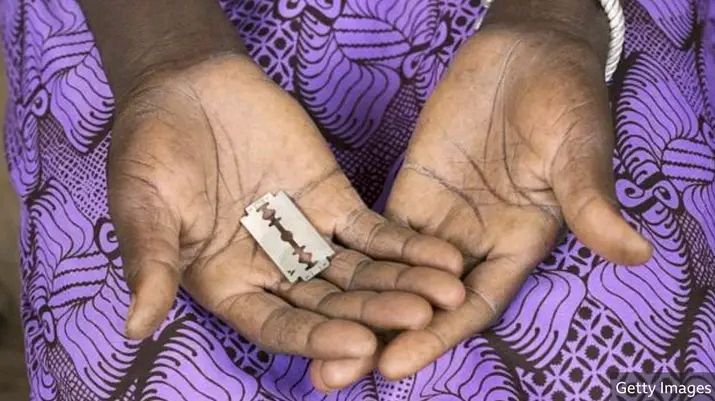By Ollus Ndomu
In a stark revelation underscoring the enduring struggle for women’s rights, the UN’s children’s agency, Unicef, has sounded the alarm on a 15% increase in the number of women and girls subjected to female genital mutilation (FGM) over the past eight years.
According to Unicef, a staggering 230 million females worldwide have undergone genital cutting, marking a concerning rise of 30 million from previous data.
“The figures reveal a deeply troubling reality for millions of women and girls around the world,” said Unicef’s Executive Director, Catherine Russell.
The epicenter of this harrowing practice remains in Africa, where over 144 million cases have been reported, followed by Asia with 80 million, and the Middle East with six million.
Alarmingly, approximately 40% of affected girls and women reside in countries plagued by conflict or instability, including Ethiopia, Nigeria, and Sudan, painting a grim picture of the challenges facing vulnerable populations in these regions.
“While we have seen progress in some areas, the persistent prevalence of FGM underscores the urgent need for sustained efforts to end this harmful practice,” Russell emphasized.
While there have been encouraging declines in FGM cases in countries like Sierra Leone, Ethiopia, Burkina Faso, and Kenya, others continue to grapple with alarmingly high prevalence rates.
Somalia, Guinea, Djibouti, and Mali stand out as areas where at least 89% of women between the ages of 15 and 49 have undergone the cut, highlighting the entrenched cultural and societal norms perpetuating this harmful practice.
“We’re also seeing a worrying trend that more girls are subjected to the practice at younger ages, many before their fifth birthday,” Russell added, emphasizing the need for targeted interventions to protect the rights and well-being of young girls.
As the world commemorates International Women’s Day, the spotlight on the enduring challenges facing women and girls serves as a poignant reminder of the ongoing struggle for gender equality and the imperative of collective efforts to safeguard their rights and well-being.


